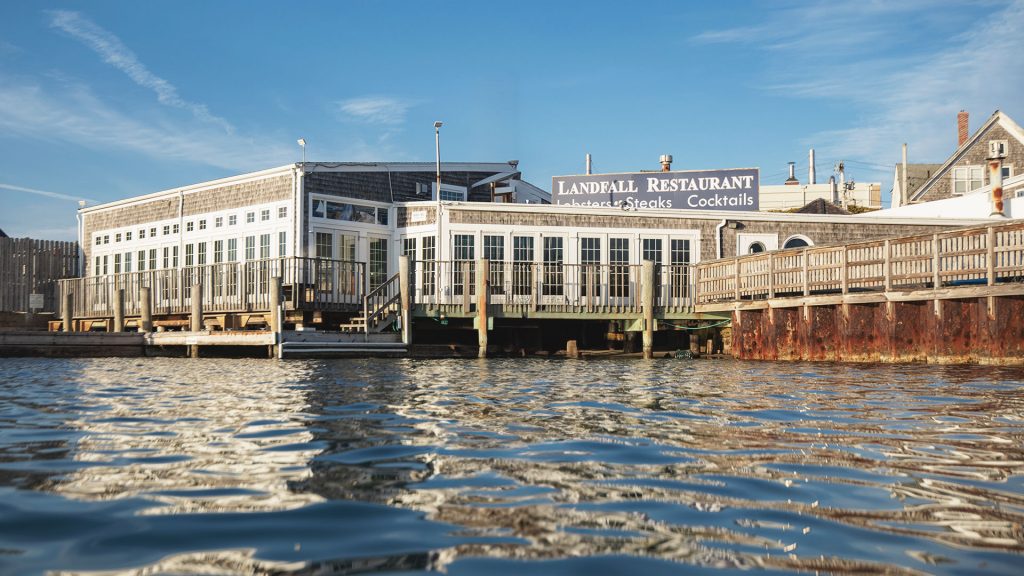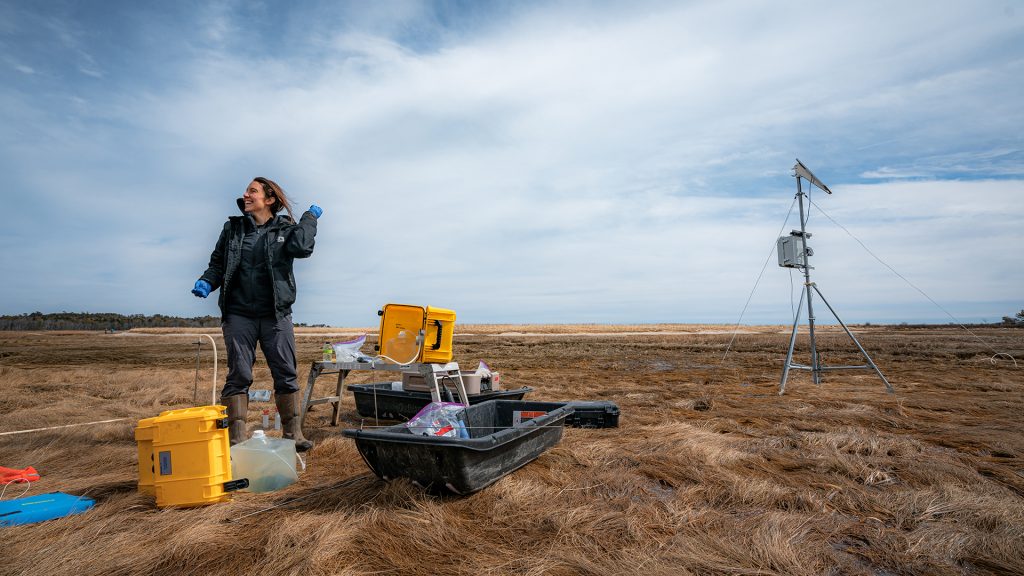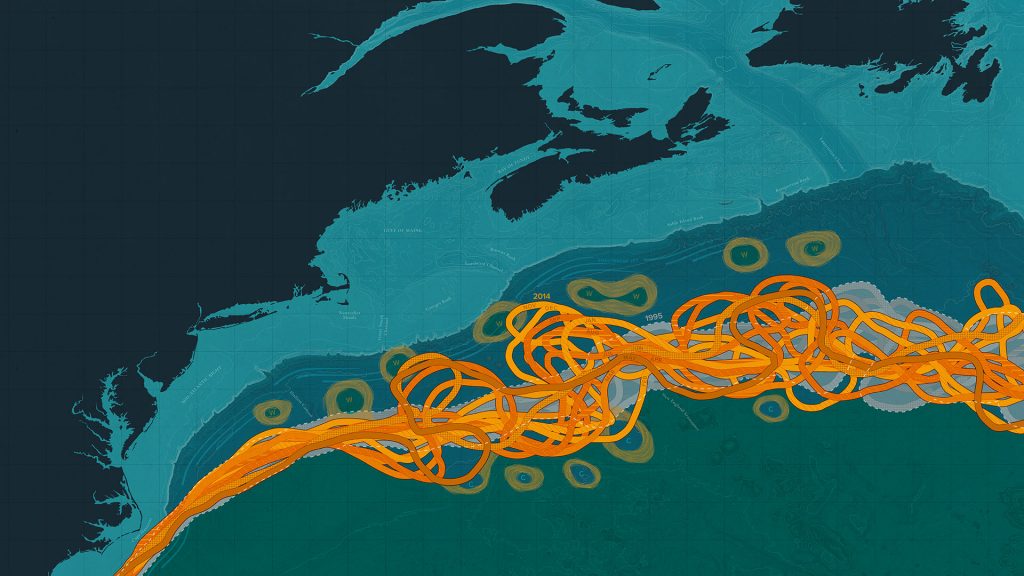Raising Awareness
News
NEWS RELEASES
Tropical Plants Help Identify Lags Between Abrupt Climate and Vegetation Shifts in Different Parts of the World
Clues to the timing and cause of abrupt climate changes in the past may lie in ocean floor sediments, according to a study by scientists at Woods Hole Oceanographic Institution (WHOI).
Rate of Ocean Circulation Directly Linked to Abrupt Climate Change in North Atlantic Region
A new study strengthens evidence that the oceans and climate are linked in an intricate dance, and that rapid climate change may be related to how vigorously ocean currents transport heat from low to high latitudes.
New Study Reports Large-scale Salinity Changes in the Oceans
Tropical ocean waters have become dramatically saltier over the past 40 years, while oceans closer to Earth’s poles have become fresher, scientists reported today in the journal Nature. Earth’s warming surface may be intensifying evaporation over oceans in the low latitudes–raising salinity concentrations there–and transporting more fresh water vapor via the atmosphere toward Earth’s poles.
Scientists Explore New England Seamounts for Clues to Climate Change
Scientists are exploring the New England Seamounts, a chain of extinct, undersea volcanoes about 500 miles off the east coast of North America, searching for clues to climate change in deep sea corals. The public can join the expedition via the web at http://www.divediscover.whoi.edu.
Century-Long Drought Linked to Collapse of Mayan Civilization
New analysis of sediment samples from the southern Caribbean indicate that severe droughts occurred at the same time as the known collapse of the Mayan civilization. In a study in the March 14 issue of the journal Science, lead author Gerald Haug of Geoforschungszentrum (GFZ) in Potsdam, Germany, together with Konrad Hughen of the Woods Hole Oceanographic Institution and colleagues report that sediments from the Cariaco Basin in northern Venezuela clearly show a dry spell that the Caribbean region starting in the seventh century and lasting for more than 200 years.
WHOI | OCEANUS
Cold, quiet, and carbon-rich: Investigating winter wetlands
A hydrologist takes on a groundbreaking study to understand how groundwater moves through New England salt marshes in the winter.
Publications
IN THE NEWS - RESEARCH HIGLIGHTS
Study offers first definitive proof that Gulf Stream has weakened
“New research from the Woods Hole Oceanographic Institution offers the first conclusive evidence that the Gulf Stream has weakened. The powerful ocean current off the East Coast influences regional weather, climate and fisheries, and the finding could have significant implications both for New England and the global climate.”
What Happens to Marine Life When There Isn’t Enough Oxygen?
In September of 2017, Woods Hole Oceanographic Institution postdoctoral scholar Maggie Johnson was conducting an experiment with a colleague in Bocas del Toro off the…
Maine’s having a lobster boom. A bust may be coming.
The waters off Maine’s coast are warming, and no one knows what that’s going to mean for the state’s half-billion-dollar-a-year lobster industry—the largest single-species fishery in North America. Some fear that continued warming could cause the lobster population to collapse. To understand what’s happening to the ecosystem of the Gulf of Maine, says Glen Gawarkiewicz, an oceanographer at Woods Hole Oceanographic Institution, in Massachusetts, you have to look beyond it—see how it’s affected by the atmosphere, ocean currents, and rivers that flow into it.





